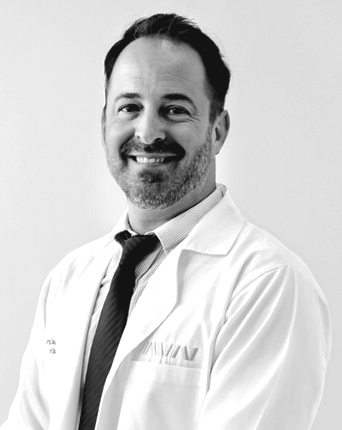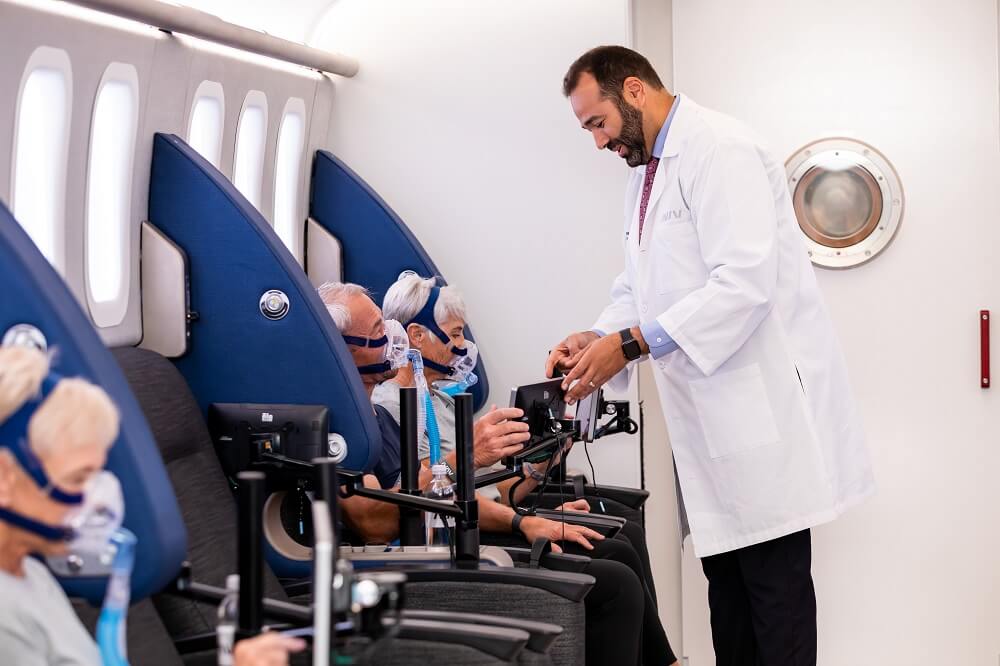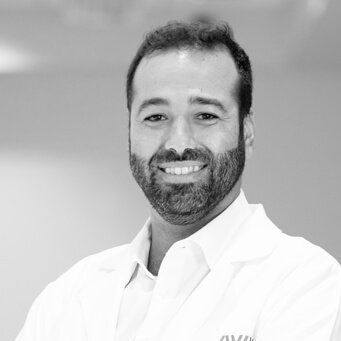
Maximizing Your Minutes With Your Doctor: Get the Most Out of Your Next Physician Appointment


How much time did you spend at your last doctor’s appointment? You likely spent more than an hour at their office, but only about 15-20 minutes with your physician. Seniors, or those managing multiple health conditions, may feel as though they didn’t have enough time during their visits to address all their concerns.
While many healthcare providers treasure their patient relationships, the U.S. healthcare system doesn’t make maintaining those relationships easy. Indeed, to maintain their practices, doctors today must see more patients in less time. A 2018 study by the Physicians Foundation found that, on average, doctors see 20 patients a day, working 51 hours a week. The report further noted that close to 25% of those hours were spent on nonclinical paperwork.
Moreover, the American Medical Association recently looked at the possibility of overworked physicians prescribing “potentially inappropriate medications.” In a study of more than 4 million patients, shorter primary care visits were associated with some inappropriate prescribing.
While we can’t change the way the healthcare system works, we can offer strategies to help you get the most out of your next doctor’s visit while also reducing some of the stress and anxiety that can accompany these appointments. There are proactive measures you can take before, during, and after your next doctor’s visit.

Before Your Visit
Ask yourself, “What are the most important things I want to discuss with my doctor?” This might include new symptoms, a novel treatment you’ve read about, or medication concerns. Be prepared to address each of your issues.
Going to the doctor produces an array of emotions, including fear, unease and impatience. The doctor may even note that your blood pressure is elevated. These are normal reactions, however, they can also lead to forgetting key questions and concerns. The goal is to be prepared in advance before those feelings at the office set in.
Visit Your Doctor’s Online Portal
Healthcare providers offer portals for their patients to check appointment dates, review past appointments, as well as to communicate directly with your doctor. Prior to your visit, you can also send a private message through the portal that the doctor will log in advance, helping them prepare for the visit. You can even add your family and personal medical histories to many portals.
At Aviv Clinics, we use a smart phone application to simplify communication between our clients and our clinicians. The Aviv App allows clients to view their treatment progress, upcoming appointments, workout plans, personalized nutrition tips, and more.
Keep a Health Journal and Medical Log
Keep a journal of any concerning symptoms you are experiencing. Note dates, times, severity, duration, as some may tend to subside and flare up at different times. Be sure to include the progression of symptoms (i.e., it started with a stomachache, then progressed to constipation) and what you were doing at the time.
Your journal should also include any prescriptions, over-the-counter medications, vitamins, and supplements you take. Make sure to include their dosages and frequency. Make sure to include refills as well.
Write Down Your Health Questions
List and prioritize your concerns. Once you are sitting in an exam room or are face-to-face with your provider, you may forget some of the things you wanted to ask. A recent review of 33 studies in which patients completed a detailed checklist before an office visit found they were able to ask more questions during their doctor visit and felt more satisfied with their appointment.
Gather Relevant Medical Documents and Notes
Gather all of your notes and medical history, even if you’re visiting a provider you’ve seen before. Include all test results, surgeries, and your family’s medical history. Be sure to fill out any requested forms prior to leaving your home. List other health care providers’ names and contact information. Bring a pad of paper and pen, or an electronic device such as a smartphone or tablet for notes.
If you have “white coat syndrome,” ask a friend or family member to accompany you for support. They can also help with notetaking and questions, but remember that ultimately, this is your appointment. Don’t feel shy about asking your guest to step outside if you would like to speak to the doctor in private.
If you need assistance preparing for your visit, the National Institute on Aging offers several “Talking with Your Doctor” worksheets that range from prioritizing your concerns to tracking your medications.
You are now prepared to visit your doctor.
During Your Visit

If you are hard of hearing or have other communication challenges, tell the receptionist and medical staff immediately so they can make arrangements for you. Also be sure to inform them if you wear a hearing aid.
Once you are meeting with your provider, set the agenda early by outlining your questions and concerns. Review your notes and have them handy. By setting the agenda, you and your doctor will be able to allocate your limited time more effectively.
Ask Questions & Take Notes at Your Appointment
Ask the most important questions first, in case time restraints impact the length of your visit. Write down answers and take notes. Having a personal paper trail will help down the road when it’s time to refer to your visit. If you are not sure about a medical term or explanation, ask the doctor to explain in plain English until you are satisfied with the clarification.
Listening to Your Doctor
Just as important as asking questions is listening to the answers. Sometimes, we go to the doctor with a preconceived self-diagnosis. While some of our notions may have merit, let your provider reach their own conclusion. Listen closely to their reasoning behind it, as well as their recommendations for treatment or follow-up. Your doctor will make their diagnosis according to your symptoms, as well as your exam and any tests, scans, or blood work.
As your provider speaks, be an active listener. Repeat what you think your provider means in your own words and ask if your interpretation is correct. This not only gives your doctor an opportunity to clarify any misunderstood points but will also help solidify the conversation in your memory.
Honesty is the Best Policy With Your Physician
Honesty with your healthcare provider is essential. Don’t just tell your doctor what you think he or she wants to hear. You’ll get the most out of your visit when you tell the truth about your diet, exercise and medication compliance, as well as changes in your energy level, weight, allergies or sleep patterns. Be honest about any tobacco, drug or alcohol use. Remember, your visit with the doctor is confidential.
Share Life Updates and Changes With Your Provider
The doctor-patient relationship should be treated as a partnership working towards the same end goal. By sharing the personal aspects of your life with your doctor, he or she may be able to see things that you did not notice affecting your health. Sharing life changes is particularly important. Factors such as changing jobs, a divorce, or any new activities you may have taken on can all have an impact on your health either directly or indirectly.
If necessary, share any family medical history that may be related to a symptom. Many diagnoses can be made by your doctor through reviewing medical histories. Share any recent surgeries or health issues. Perhaps you have been to the emergency room since your last doctor’s appointment, or you’ve noticed a new effect on your body with your current medications — make those things known. Share the list you created outlining your medications and if you are having any side effects with them.
Lastly, if you feel rushed during your appointment, speak up. There may be another member of the medical team, such as a nurse or physician’s assistant, who can address your remaining questions. If there isn’t, find out who you can contact later, then make a follow-up appointment as soon as possible.
Before You Leave the Doctor’s Office
If you are satisfied with your visit, schedule your next regular appointment. If the doctor diagnoses a condition, discusses possible tests or treatments, or prescribes medications, make sure to document those and any associated instructions in writing. Ask what to expect from treatments. You should also understand how long you should wait to call if your symptoms continue. To help you recall instructions from your physician, the National Institute on Aging has compiled a list of tips to help you recall your doctor’s orders.
After Your Visit
Follow your doctor’s recommendations regarding follow-up appointments, lab tests, therapy, prescriptions, and other treatments. Continue taking notes and documenting your symptoms. Sometimes we don’t notice gradual changes unless we’re keeping close track. If vitals, such as blood pressure, are a concern, track those as well.
Next, keep in touch. Many people only follow up with a medical provider if they develop new or alarming symptoms. Communicate through calls, email, or your online patient portal to let them know how you’re progressing. Keep the office informed if you received a new prescription from a different health care provider. These communications will be documented as part of your medical record.
Following your visit, you should feel that you were treated with courtesy and respect, that your doctor’s bedside manner made you feel comfortable, and that your questions were answered. If you feel your concerns were not taken seriously, consider a second opinion. While switching doctors can be inconvenient, you owe it to yourself to visit a physician whom you believe is most effective. Your doctor should be your trusted partner in your health and well-being.
Aviv’s Personalized Medical Program

As a physician at Aviv Clinics, I consider myself fortunate because I receive the opportunity to get to know my patients more closely than other clinical professionals. Our clients are often surprised by the amount of time they spend with us.
At Aviv Clinics, our medical program offers a truly personalized approach to your health. The therapies in the program are customized for each client based on thorough assessments and our clients’ specific goals and needs. The Aviv Medical Program is a highly effective plan for those seeking relief from an array of conditions, as well as improving the aging process in healthy older adults.
The Aviv Medical Program is individually tailored to the needs of each client, based on a thorough assessment of their individual needs, conditions, and goals. Pre-treatment assessments include a complete evaluation of a client’s health profile to help guide our treatment approach. After treatment, we can complete the same health assessment to measure improvements accurately and make recommendations for further progress.
We Stand Ready
Our medical team, comprised of physicians, neuropsychologists, neurosurgeons, physiologists, data specialists and experts in the aging process, stand at the forefront of medical science and technology to provide programs that offer a unique opportunity to invest in your health.
With our complimentary physician consultation, it’s easy to discover what makes Aviv Clinics different. To learn more, contact us directly at 352-750-2848. You have nothing to lose — and everything to gain. Your body will thank you.



